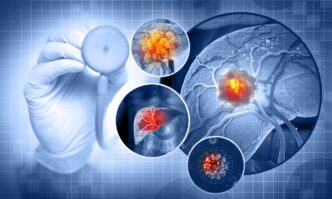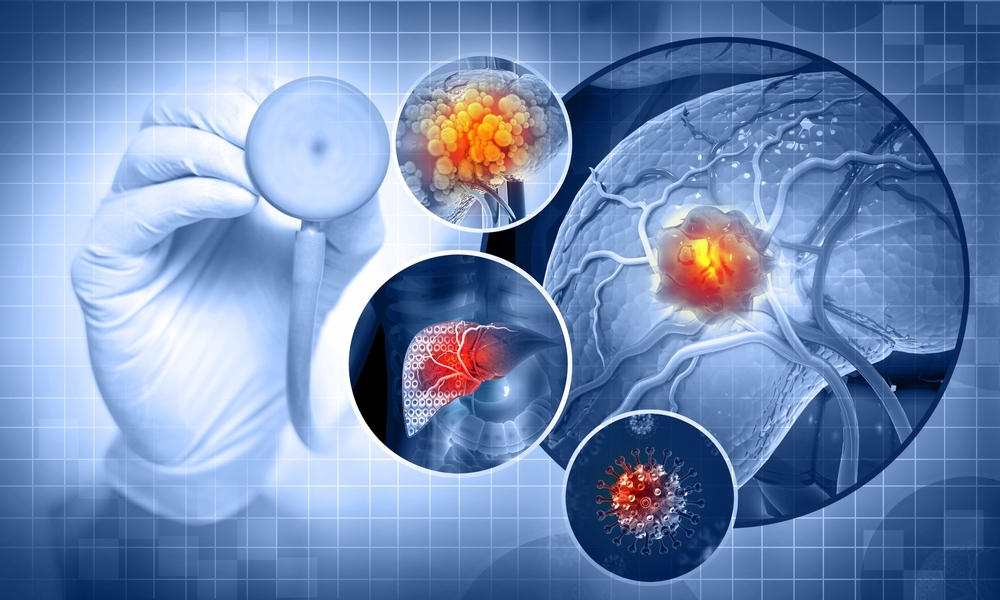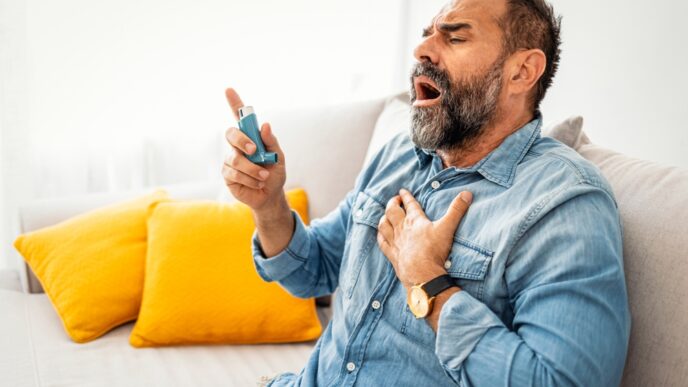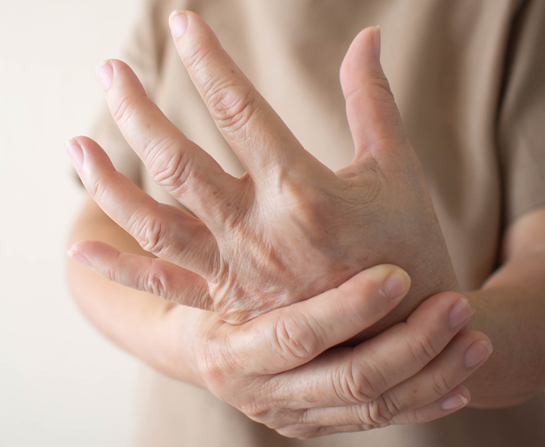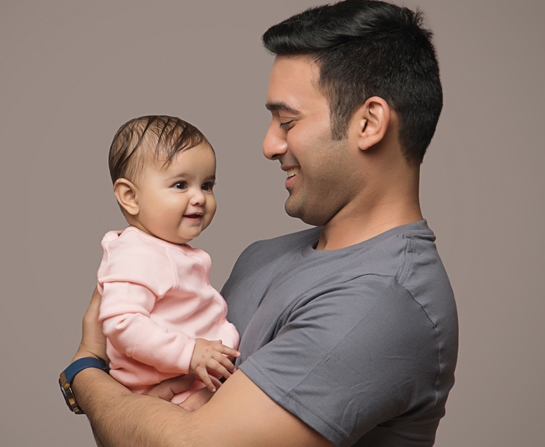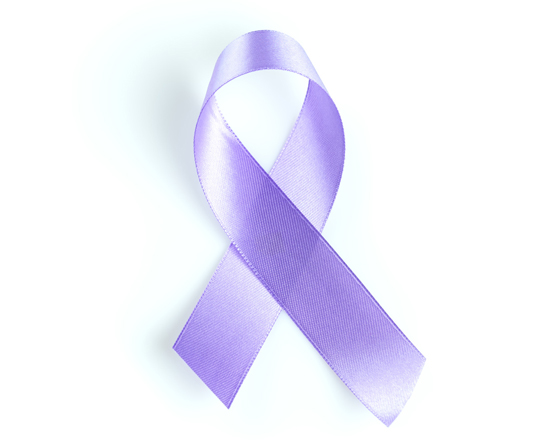We have a problem in Malaysia that starts at our dinner table and ends up threatening our lives. It begins with that extra helping of nasi lemak, the frequent trips to the mamak stall, or the sugary drinks we can’t seem to resist. What many of us don’t realize is how this seemingly harmless indulgence is quietly setting us up for something far more serious than we imagine.
WORDS DR RUTHRESH RAO SUBRAMANYAM
 FEATURED EXPERT FEATURED EXPERTDR RUTHRESH RAO SUBRAMANYAM Assistant Director (Medical) National Cancer Society Malaysia (NCSM) |
THE PROBLEM WE SHOULD HAVE SEEN COMING
Here’s the uncomfortable truth: Malaysia has earned the dubious honour of being Southeast Asia’s second most obese nation, according to The World Factbook, with 19.7% of Malaysian adults considered obese.
Even more alarming, 1 in 3 Malaysian children is now overweight as our nation’s sugar addiction continues to worsen.
But this isn’t just about fitting into our clothes or feeling good about how we look. What’s happening inside our bodies tells a much scarier story.
THE JOURNEY FROM PLATE TO LIVER CANCER
We also need to acknowledge the reality behind some of these choices.
Many parents are doing the best that they can between juggling work, long commutes, and long working hours that leave little time to prepare balanced, nutritious meals every day. These compounded challenges make it easy to turn to fast food for quick fixes.
But this is exactly why awareness matters — when we truly understand what’s at stake, we can begin making small changes that are accessible both for ourselves and our children.
When we consistently eat more than what our bodies need — especially processed foods, sugary treats, and fried delights — the excess doesn’t just disappear.
Our livers, those hardworking organs we rarely think about, start storing this excess as fat.
At first, it might seem harmless. But over months and years, this fat buildup leads to what doctors now call metabolic dysfunction-associated steatotic liver disease, or MAFLD. You might know it by its old name: non-alcoholic fatty liver disease.
The Trouble With MAFLD
Think of MAFLD as your liver crying for help.
The fat accumulation causes inflammation, and if we don’t listen to these warning signs, the inflammation becomes chronic.
Our liver tissue starts getting damaged and scarred—a condition called cirrhosis. And here’s where things get truly frightening: a scarred, damaged liver has a dramatically higher chance of developing cancer.
The numbers don’t lie. Liver cancer is now the 4th most common cancer in Malaysia and the 4th leading cause of cancer deaths, according to the latest Globocan 2022 data. Many of these cases could have been prevented if we had acted earlier.
WE CAN REWRITE THIS STORY
But here’s what gives me hope: we can change this story. We’re not destined to follow this path from our plates to liver disease. Prevention isn’t just possible—it’s within our reach.
It starts at home, with the choices we make for ourselves and our families.
The beauty of this approach is that we don’t have to abandon the food we love entirely. Instead, it’s about making smarter choices and finding balance.
- Swap that daily teh tarik for unsweetened versions or plain water.
- Choose brown rice over white rice when possible.
- Fill half your plate with vegetables at every meal, like sayur campur, ulam, or simple stir-fried greens.
- Cook more meals at home where you control the oil, salt, and sugar that go into your food.
These changes matter just as much in our schools, where we need to take the Ministry of Health’s “Healthy Meals in School” (HiTS) initiative seriously. This isn’t just about policy—it’s about creating a generation that understands what real nutrition looks like.
The Power of Early Detection
We also can’t ignore the power of early detection. MAFLD often develops silently, but we have tools to catch problems before they become life-threatening.
Simple tests like hepatitis B and C screenings, liver ultrasounds, and AFP blood tests can reveal what’s happening inside our bodies.
There are even newer multi-cancer early detection blood tests available through organizations, including us at the National Cancer Society Malaysia.
THE TIME TO ACT IS NOW
The connection between what we eat today and our liver health tomorrow isn’t complicated, but it’s one we’ve been ignoring for too long.
Every meal is a choice.
Every family conversation about health matters.
Every step we take toward better screening could be the difference between catching a problem early and facing a devastating diagnosis years down the road.
Our children are watching what we do, not just what we say. If we want them to have healthy livers and long lives, we need to show them that taking care of our bodies isn’t optional — it’s essential.
The time to act isn’t someday; it’s now. It’s today, with the next meal we choose and the next health decision we make.
| This article is part of our series on liver health. |

